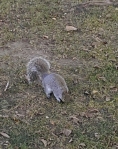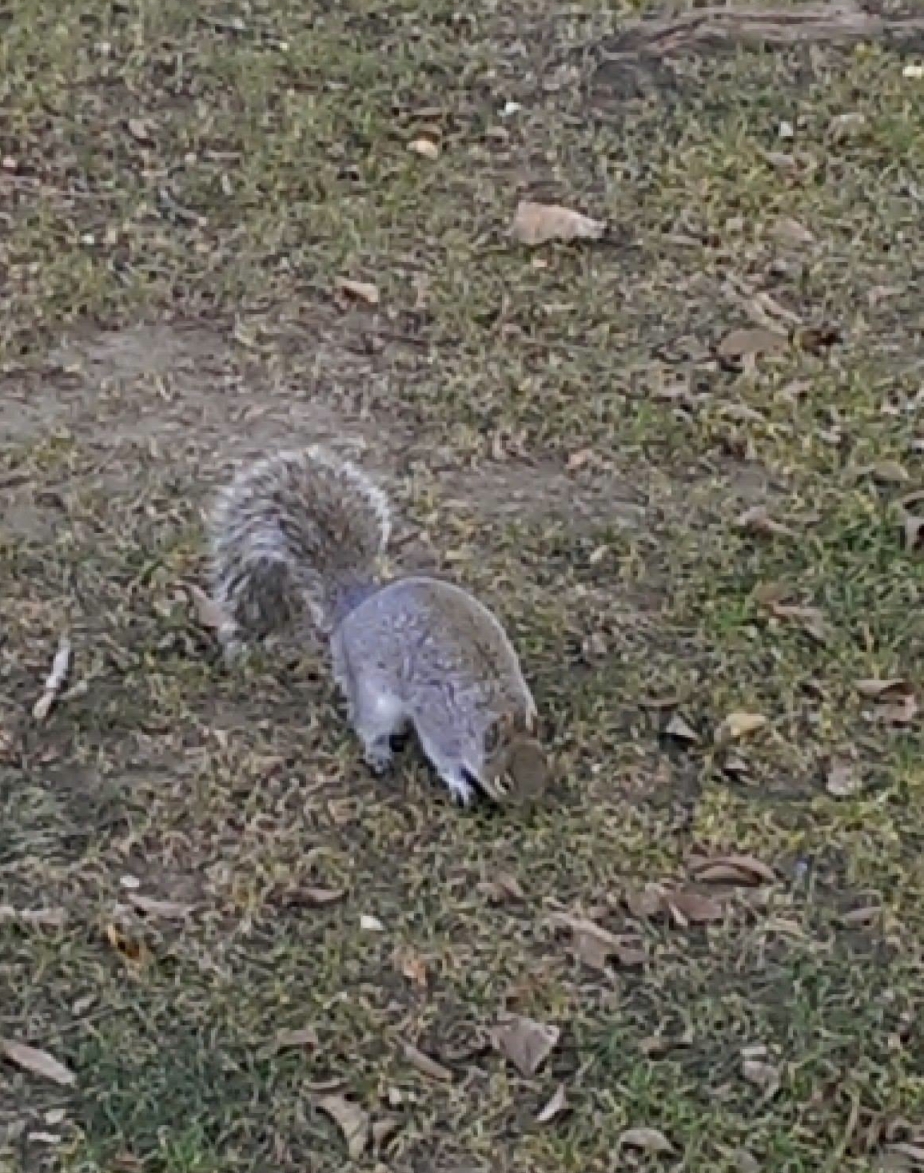
I am reading a book called “The Slow Professor: Challenging the Culture of Speed in the Academy”, by two Canadian professors, Maggie Berg and Barbara Seeber. Published earlier in 2016, to (mostly) wide critical acclaim, it critiques the changing conditions of knowledge production in the academia, in particular those associated with the expectation to produce more and at faster rates (also known as ‘acceleration‘). As an antidote, as the Slow Professor Manifesto appended to the Preface suggests, faculty should resist the corporatisation of the university by adopting the principles of Slow Movement (as in Slow Food etc.) in their professional practices.
While the book is interesting, the argument is not particularly exceptional in the context of the expanding genre of diagnoses of the ‘end’ or ‘crisis’ of the Western university. The origins of the genre could be traced to Bill Readings’ 1996 ‘University in Ruins’ (though, of course, one could always stretch the lineage back to 1918 and Veblen’s ‘The Higher Learning in America’; predecessors in Britain include E.P. Thompson’s ‘Warwick University Ltd.’ (1972) and Halsey’s ‘The Decline of Donnish Dominion’ (1982)). Among contemporary representatives of the genre are Nussbaum’s ‘Not for Profit: Why Democracy Needs the Humanities’ (2010), Collini’s ‘What Are Universities For’ (2012), and Giroux’s ‘Neoliberal Attack on Higher Education’ (2013), to name but a few; in other words, there is no shortage of works documenting how the transformation of the conditions of academic labour fundamentally threatens the role and function of universities in the Western societies – and, by extension, the survival of these societies themselves.
I would like to say straight away that I do not, for a single moment, dispute or doubt the toll that the transformation of the conditions of academic labour is having on those who are employed at universities. Having spent the past twelve years researching the politics of academic knowledge, and most of those working in higher education in a number of different countries, I encountered hardly a single academic or student not pressured, threatened, or at the very least insecure about their future employment. What I want to argue, instead, is that the critique of the transformation of knowledge production that focuses on academic labour is no longer sufficient. Concomitantly, the critique of time – as in labour time – isn’t either.
In lieu of labour, I suggest we could think of what academics do as foraging. By this I do not in any way mean to trivialize union struggles that focus on working conditions for faculty or the position of students; these are and continue to be very important, and I have always been proud to support them. However, unfortunately, they cannot capture the way knowledge has already changed. This is not only due to the growing academic ‘precariat’ (or ‘cognitariat’): while the absence of stable or full-time employment has been used to inform both analyses and specific forms of political action on both sides of the Atlantic, they still frame the problem as fundamentally dependent on academic labour. While this may for the time being represent a good strategy in the political sense, it creates a set of potential contradictions in the conceptual.
For one, labour implies the concept of use: Marx’s labour theory of value postulates that this is what it allows it to be exchanged for something (money, favours). Yet, we as academics are often the first to point out that lot of knowledge is not directly useful: for every paradigmatic scientist in a white lab coat that cures cancer, there is the equally paradigmatic bookworm reading 18th-century poetry (bear with me, it’s that time of the year when clichés abound). Trying to measure their value by the same or even similar standard risks slipping into the pathologies of impact, or, worse, vague statements about the necessity of social sciences and humanities for democracy, freedom, and human rights (despite personal sympathy for the latter argument, it warrants mentioning that the link between democratic regimes and academic freedom is historically contingent, rather than causal).
Second, framing what academics do as labour makes it very difficult to avoid embracing some form of measurement of output. This isn’t always related to quantity: one can also measure the quality of publications (e.g., by rating them in relation to the impact factors of journals they were published in). Often, however, the ideas of productivity and excellence go hand in hand. This contributes to the proliferation of academic writing – not all of which is exceptional, to say the very least – and, in turn, creates incentives to produce both more and better (‘slow’ academia is underpinned by the argument that taking more time creates better writing).
This also points to why the critique of the conditions of knowledge production is so focused on the notion of time. As long as creating knowledge is primarily defined as a form of labour, it depends on socially and culturally defined cycles of production and consumption. Advocating ‘slowness’, thus, does not amount to the critique of the centrality of time to capitalist production: it just asks for more of it.
The concept of foraging, by contrast, is embedded in a different temporal cycle: seasonal, rather that annual or REF-able. This isn’t some sort of neo-primitivist glorification of supposed forms of sustenance of the humanity’s forebears before the (inevitable) fall from grace; it’s, rather, a more precise description of how knowledge works. To this end, we could say most academics forage anyway: they collect bits and scraps of ideas and information, and turn them into something that can be consumed (if only by other academics). Some academics will discover new ‘edible’ things, either by trial and error or by learning from (surveying) the population that lives in the area, and introduce this to other academics. Often, however, this does not amount to creating something entirely new or original, as much to the recombination of existing flavours. This is why it is not abundance as such as much as diversity that plays a role in how interesting an environment a university, city, or region will become.
However, unlike labour, foraging is not ‘naturally’ given to the creation of surplus: while foraged food can be stored, most of it is collected and prepared more or less in relation to the needs of those who eat it. Similarly, it is also by default somewhat undisciplined: foragers must keep an eye out for the plants and other foodstuffs that may be useful to them. This does not mean that it does not rely on tradition, or that it is not susceptible to prejudice – often, people will ignore or attribute negative properties to forms of food that they are unfamiliar with, much like academics ignore or fear disciplines or approaches that do not form part of their ‘tribe’ or school of thought.
As appealing as it may sound, foraging is not a romanticized, or, worse, sterile vision of what academics do. Some academics, indeed, labour. Some, perhaps, even invent. But increasing numbers are actually foraging: hunting for bits and pieces, some of which can be exchanged for other stuff – money, prestige – thus allowing them to survive another winter. This isn’t easy: in the vast digital landscape, knowing how to spot ideas and thoughts that will have traction – and especially those that can be exchanged – requires continued focus and perseverance, as well as a lot of previously accumulated knowledge. Making a mistake can be deadly, perhaps not in the literal sense, but certainly as far as reputation is concerned.
So, workers of all lands, happy New Year, and spare a thought for the foragers in the wildlands of digital capitalism.


3 thoughts on “Against academic labour: foraging in the wildlands of digital capitalism”